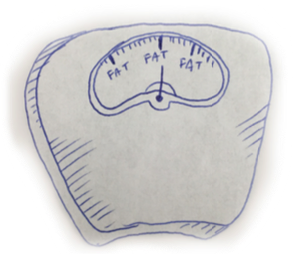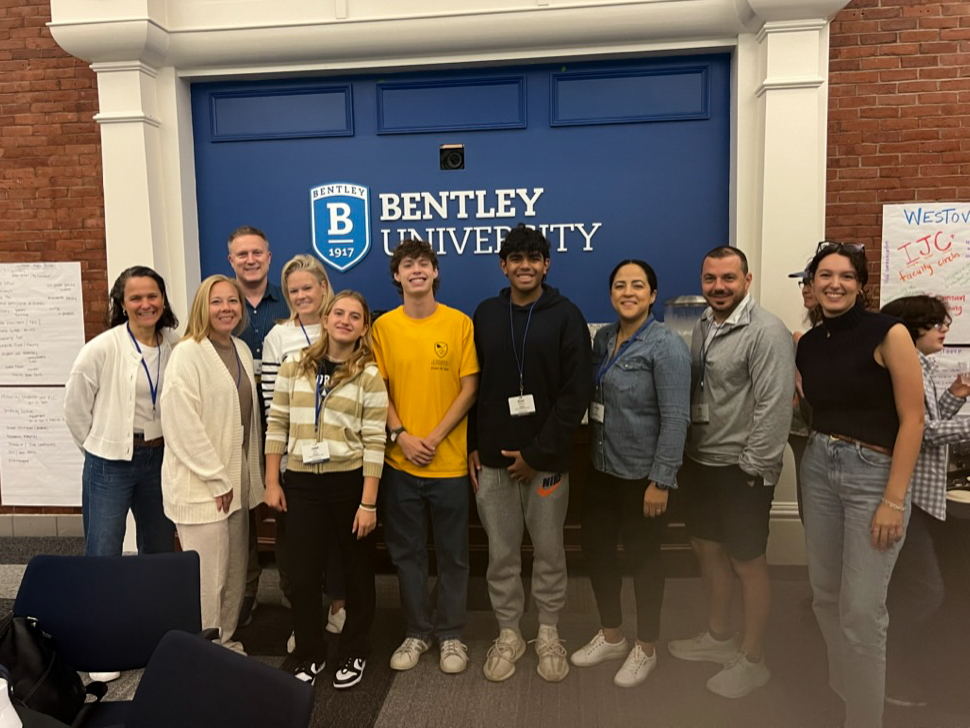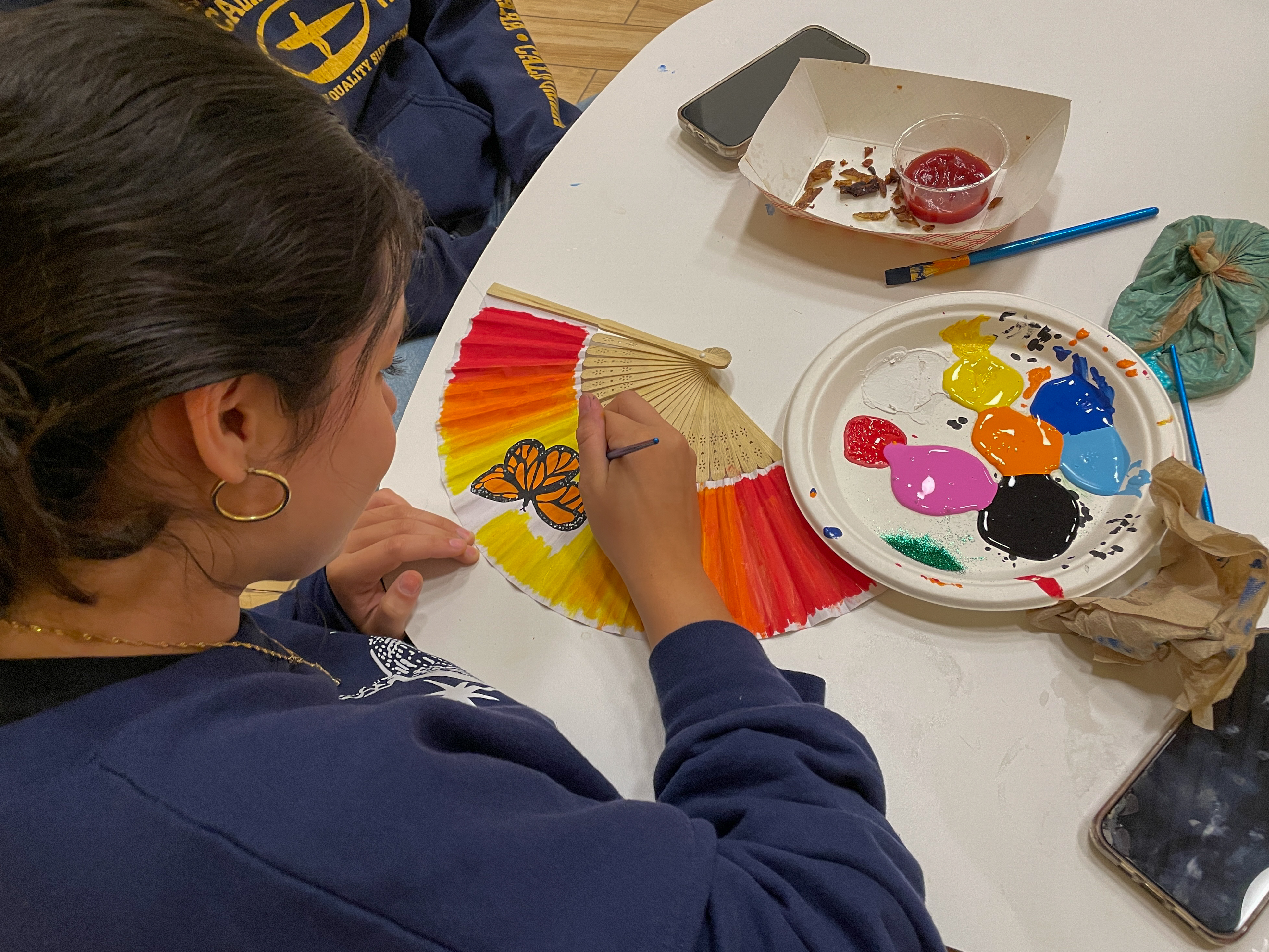“I don’t even know what the health center would do about an eating disorder—I’ve never heard any policies about it,” said Kate Moore ’17. Many students are not sure what resources are available when dealing with an eating disorder like anorexia. On why eating disorders are so complex at Choate, Ms. Karen Klein the health center’s Director of Nursing said, “It’s not the boarding piece. It’s that students who are extremely high achieving, competitive, and expect a great deal of themselves are the students who are more likely to develop eating disorders.”
Mrs. Char Davidson, one of Choate’s two on-staff therapists, thinks of eating disorders as a fluid continuum of the range of normal eating. In addition to normal eating, disordered eating, Mrs. Davidson noted, is when “people get obsessed about things, and they’re never really at ease.” She described eating disorders as an overwhelming force: “A person has no control. They wake up in the morning thinking about food and calories.”
The health center’s staff, who evaluate and address eating disorders, include Ms. Klein; Dr. Christopher Diamond, the Director of Health Services; and Choate’s two therapists. According to Ms. Klein, “We do an assessment that is developmentally appropriate, including height, weight, and body mass index; it may include a food diary and a mental health assessment. All of those pieces are in place when we initially talk with a student about whether or not they actually have an eating disorder. From there we put together a multidisciplinary approach to provide the student with all the support that they need.”
This support sometimes includes an outside treatment team with a psychologist, nutritionist, and physician. Mrs. Davidson added, “We know when things are serious, and we don’t have those specialties. We need to refer out to specialists whose focus is on this kind of illness.”
Ms. Klein continued, “We determine what a student’s needs are, we provide them with a primary care base in the health center, and then we determine what other aspects of a treatment team they may need. Then we help coordinate that so they can get to appointments that might not be on campus or that we can arrange for them while they are here.”
Ms. Klein said, “If you need the services of a multidisciplinary team then we need to contact you parents. That’s a very straightforward issue, because it requires transportation, insurance, and billing, and all these other aspects that are very technical.”
If the eating disorder is drastically threatening the student’s physical or mental health, they may go on medical leave. Ms. Klein said, “Our goal is for kids to be able to stay at school and to feel successful, and that’s why we have all these supports in place.” Mrs. Davidson added, “A severe anorexic may have to be hospitalized because their heart rhythm and blood pressure needs to be monitored, and they need a very safe, predictable environment to get re-nourished, and that is going to take time.”
Mrs. Davidson, who has been counseling at Choate since the 1980s said, “As the whole body of information around eating disorders has developed over time, we know more. It’s in our culture, and if it’s in our culture, it’s in our school.”
She notes that the influence of culture on eating disorders has caused eating disorders to become more prevalent on campus. “We’ve gotten better at diagnosing eating disorders over time.” She continued, “I’ve been here long enough to see the first eating disorders come forward. Over time it wasn’t just anorexia, which we’ve known about for a long time, but bulimia emerged. Now we know that there are many different kinds of eating disorders, and there are combinations.”
Ms. Klein, who has been at Choate for five years, said, “We have deepened and broadened our support in our community to really ensure as much as we can that students can remain in school and get the team that they need in place, and to ensure that we can get them to those supports in a timely way. We have improved and enhanced that in the past few years.”
One way the health center works to prevent eating disorders is through outreach. Several student organizations address eating disorders, including the Body Project, the assessment team, and Sophomore Seminar. With the curriculum changes coming next year, Ms. Klein said, “We will be doing education and support around eating disorders in a variety of ways, which may or may not include sophomore seminar.”
However, students feel differently. Lauren Lamb ’17 said, “People don’t have enough knowledge about eating disorders. We need more education about eating disorders.”
Hadalee Goodman ’17 believes that the silence around eating disorders is attributed to culture rather than education: “You don’t really hear about eating disorders, but there definitely are instances where you know someone has an eating disorder, but you don’t want to tell someone because that might get the person with an eating disorder in trouble. It’s more of a culture of silence and lack of support.” Moore said, “You feel like it’s not your place to bombard and ask people questions, take preemptive action, or intrude on someone else’s affairs, because you don’t want to be wrong.”
Ms. Davidson noted, “I think students can go to any faculty member of their choice and begin talking about whether they should be worried or talking about behaviors that they’ve noticed.”
“It’s important to decrease the stigma around eating disorders. Having conversations about it, and knowing that this is a treatable, that there’s no shame in having disorder and that there is help available is a really important ongoing goal,” said Ms. Klein.





